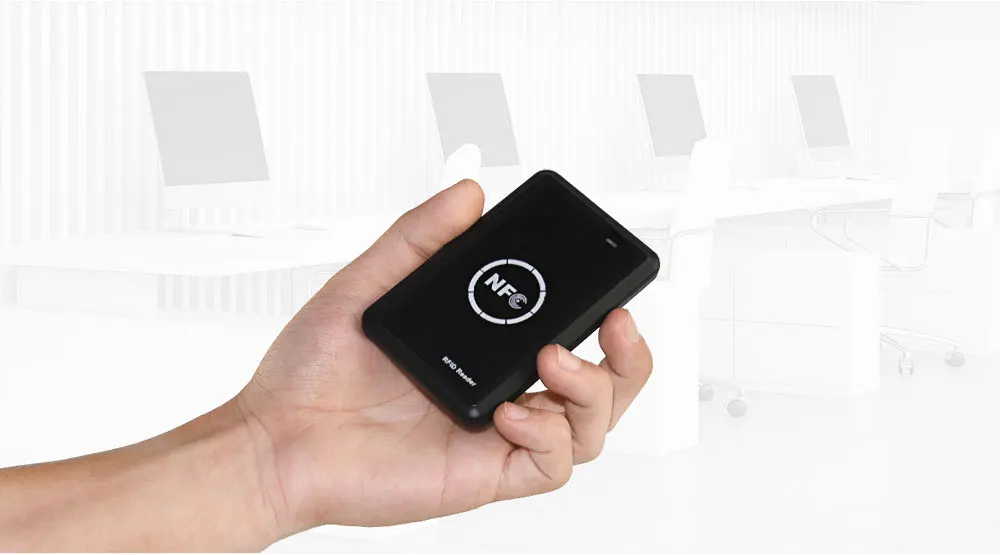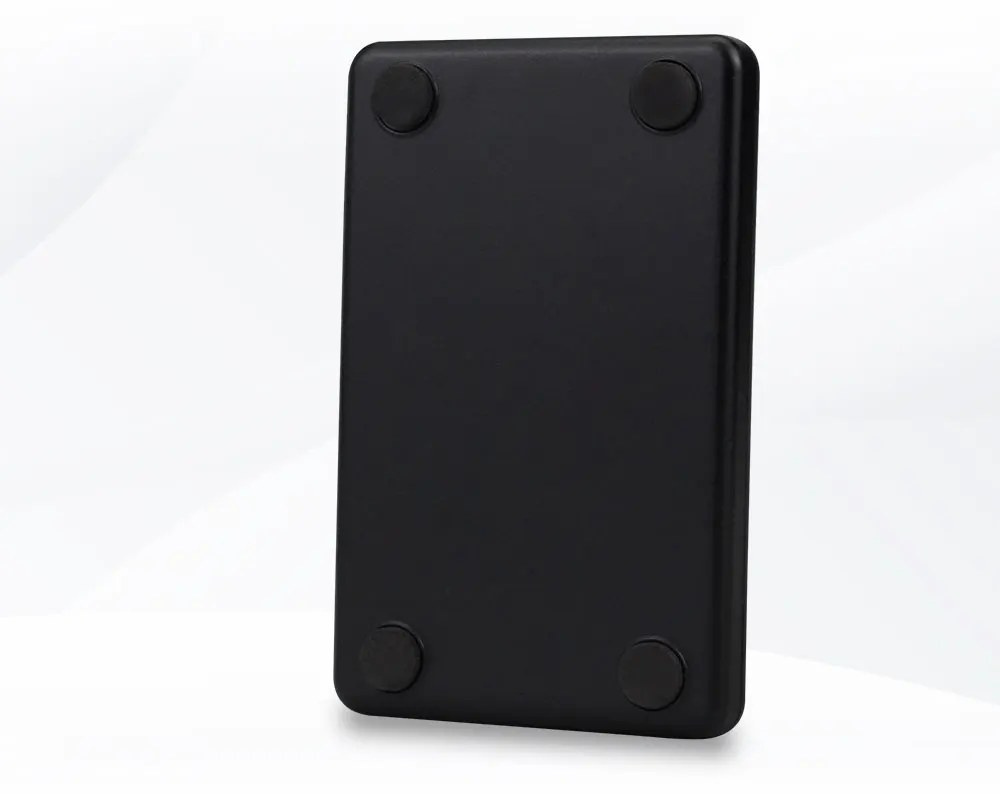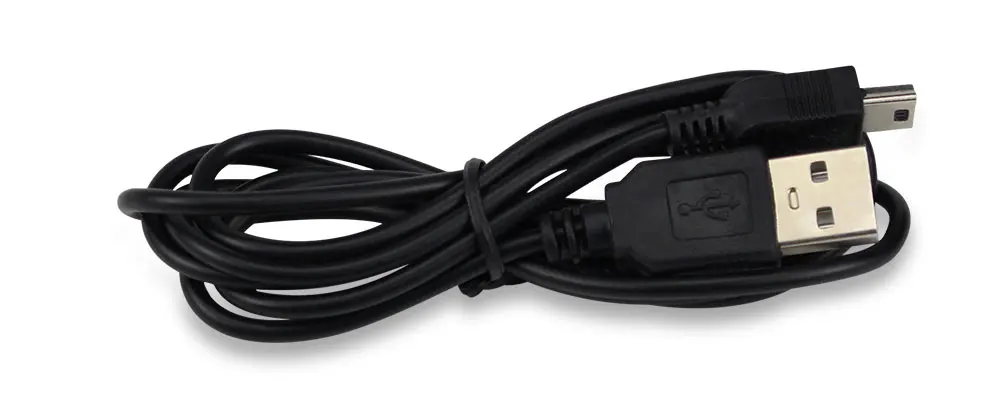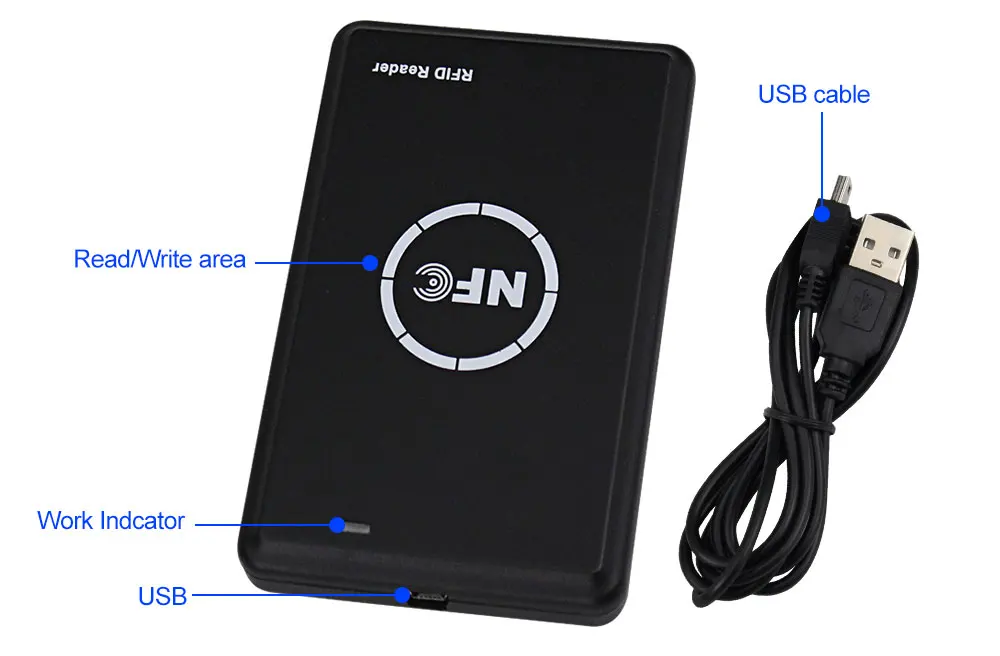Generic1

These are suitable for DIY projects and the Raspberry Pi pcb as the outside diameter is only 2.5mm that fits in the Pi mounting holes.
Brass standoffs are essential components in electronic projects, particularly in applications where circuit boards need to be securely mounted within an enclosure or chassis.
Here's how they are typically used:
Board Mounting: Brass standoffs are used to elevate and secure printed circuit boards (PCBs) within an electronic enclosure or chassis. They provide a stable platform for the PCB, preventing it from coming into contact with conductive surfaces that could cause short circuits.
Mechanical Support: Standoffs act as spacers between the PCB and the mounting surface, ensuring proper ventilation and preventing heat buildup. This is crucial for maintaining the integrity of sensitive electronic components.
Isolation: Brass standoffs help to electrically isolate the PCB from the chassis or enclosure. This isolation is essential for preventing electrical interference, reducing the risk of noise and signal degradation, and enhancing overall circuit performance.
Easy Access: Standoffs facilitate easy access to the PCB for maintenance, repairs, or upgrades. By raising the board above the mounting surface, technicians can easily reach components and make necessary adjustments without disassembling the entire system.
Vibration Dampening: In applications where vibration is a concern, brass standoffs can help dampen vibrations transmitted to the PCB, thereby reducing the risk of component failure or solder joint fatigue over time.
Grounding: Depending on the design, brass standoffs can also be used as grounding points for the PCB. By connecting the standoffs to the ground plane on the PCB, they provide a convenient and reliable grounding solution.
Overall, brass standoffs play a crucial role in ensuring the structural integrity, electrical isolation, and proper functioning of electronic systems. Their versatility and reliability make them indispensable components in a wide range of electronic projects.
What's in the box?
1 x Male Female Standoffs M2.5 x 16mm
Features
- Display Colour: Red
- The black line connects to the negative electrode of both the power supply and tested power supply, red line connects to positive pole of power supply, white line connects to positive pole of tested power supply
- Material: Plastic Shell
- Display Digit: 3
- Power: 5V, 9V, 12V or 24V without voltage regulation(Working voltage: 4.5V-30V)
- Measuring Range: DC 0V - 100V
- Operating current: 20mA
- Installation dimension: Approx 23mm x 10mm


Features
- Display Colour: Yellow
- The black line connects to the negative electrode of both the power supply and tested power supply, red line connects to positive pole of power supply, white line connects to positive pole of tested power supply
- Material: Plastic Shell
- Display Digit: 3
- Power: 5V, 9V, 12V or 24V without voltage regulation(Working voltage: 4.5V-30V)
- Measuring Range: DC 0V - 100V
- Operating current: 20mA
- Installation dimension: Approx 23mm x 10mm


Features
- Display Colour: Blue
- The black line connects to the negative electrode of both the power supply and tested power supply, red line connects to positive pole of power supply, white line connects to positive pole of tested power supply
- Material: Plastic Shell
- Display Digit: 3
- Power: 5V, 9V, 12V or 24V without voltage regulation(Working voltage: 4.5V-30V)
- Measuring Range: DC 0V - 100V
- Operating current: 20mA
- Installation dimension: Approx 23mm x 10mm


Features
- Display Colour: Green
- The black line connects to the negative electrode of both the power supply and tested power supply, red line connects to positive pole of power supply, white line connects to positive pole of tested power supply
- Material: Plastic Shell
- Display Digit: 3
- Power: 5V, 9V, 12V or 24V without voltage regulation(Working voltage: 4.5V-30V)
- Measuring Range: DC 0V - 100V
- Operating current: 20mA
- Installation dimension: Approx 23mm x 10mm


Specifications
- ID: 4.5mm
- OD: +-7.5mm
- Height: 6mm
- Material: Clear Acrylic
What's in the box?
1 x acrylic spacer
Specifications
- USB 4
- PD3.1
- Resolution: 0.1V/0.1W
- 40Gbps transmission
- 8K/60Hz HD
- Display current/voltage/power
- Dimensions 12.6mm x 32.8mm x 7.4mm
- Type-C bidirectional input-output
What's in the box?
1 x USB-C Voltage/Current/Power Meter
This is split-core current transformer is an AC current sensor. It is used for current measurement, monitor and protection for AC motors, lighting equipment, air compressors, home automation etc.
Features
- Opening size: 13x13mm
- Rated input current (RMS): 10% - 120% of that is 3A - 63A
- Output voltage(RMS): linear output. When the input current is 60A, the output voltage is 1V
- Linearity: ± 3%
- Output connectors: 3.5mm standard three-pin plug
- Lead length: 1 m
What's in the box?
1 x Current sensor
This sensor is perfect for use with our Raspberry Pi RPICT3T1 current and temperature sensor board.
Specifications
- Size: 62mm(L)x44mm(W)x23mm(H)
- Input Voltage (Trigger): DC 3-32V
- Output Voltage(Line): AC 24-380V
- Output Current(Line): 60 A
- On Voltage: ≤1.6V
- OnOff Time: ≤10ms
- Control Current: 3-35mA
- Transparent Lid Included: NO
What's in the box?
1 X 60A SSR-50DA Solid State Relay
Resources
Datasheet available at https://cdn.sparkfun.com/datasheets/Components/General/SSR40DA.pdf
Depending on how hard your relay works, you might want to add a heat sink to it.
Q:During continuity testing with my multimeter why does my relay on the AC side not switch on?
A: The below info was found at http://www.crydom.com/en/tech/newsletters/solid statements - bench test an ssr.pdf
A multimeter determines impedance by injecting a small amount of voltage through it's probes into the circuit being tested. It then measures the current flowing through the probes and calculates resistance. Easy enough; Resistance = Voltage / Current! However, as we just discussed above, a solid state relay’s output turns on by “stealing” a bit of voltage from the AC mains in order to supply current to the gate of the SCRs. Simply put, if the AC mains is not connected to the relay then the output cannot turn on. Since the voltage and current produced by a multimeter is not sufficient enough to turn on the SCRs, the output of a solid state relay will remain in the off state; even with the input signal applied. As a result, SSRs will sometimes fail an incoming inspection because the engineer expects to see a significant change in the output impedance when they turn on the relay.The most effective way to bench test a solid state relay is to construct a simple test circuit consisting of a DC power supply or battery (a 9Vdc battery will work fine in most cases ) and a 60W or 100W light bulb.

Product Features
1) Compliant with CCID
2) Compliant with PC/SC
3) Support IC/ID dual frequency replication
4) Driver-free, no need to download software installation
5) When connect the RFID Reader to the computer with the USB cable, then can find the software.
6) Support ID125K, 8800, 5200, 4305, 5577, 8265 card.
7) Support UID FUID CUID UFUID IC semi-encrypted card, IC full encryption card.
8) Has USB full speed interface
9) Two-color LED light prompt (red light is standby, green is working)
10) Built-in buzzer "beep" sound reminder
How to use the card reader?








Hot Question:
1) Where can i download the software?
Answer: You can download the software via this link:http://www.nsccn.com/download/soft/nfc/nfcPro_wbw.exe
2) Which chip inside in the 5pcs blue keyfobs and 5pcs white cards?
Answer: If you buy the RFID copier + 5pcs UID keyfobs + 5pcs T5577 cards. The 5pcs UID keyfobs is working with 13.56MHz frequency, used to copy the MF 1k card. The 5pcs T5577 cards is working with 125KHz frequency, used to copy the EM4100, TK4100 cards. They are different type card.
3) Why the 5pcs cards in the package read failure?
Answer: Please don't worry, these 5pcs white cards is T5577 (EM4305) type, they haven no data before write. They will can be read successfully after finished written from your TK4100 or EM4100 type card. Thank you.
What's in the box?
1 x RFID Copier Duplicator 125KHz Key fob NFC Smart Card Reader Writer 13.56MHz Encrypted Programmer USB UID T5577 EM4305 Cards Tags
The RF Remote is a 433MHz Wireless 4 Buttons Push Cover Remote. This Wireless 4 Buttons 433Mhz remote control can remotely control any Sonoff RF products. It’s suitable for long distance and multiple switch control. The remote controller is compatible with 433MHz products like the light switches, RF Bridge, Basic RF and 4Ch Pro RF R2.
Note: This RF Remote contains a battery (A27)
This product can work with our smart home products: Sonoff RF, Sonoff 4CH Pro, Sonoff RF Bridge 433, Sonoff TX2 and TX 3 light Switches.
What's in the box?
1 x 433Mhz Wireless Remote
Resources
These are suitable for DIY projects and the Raspberry Pi pcb as the screw outside diameter is only 2.5mm that fits in the Pi mounting holes.
Brass standoffs are essential components in electronic projects, particularly in applications where circuit boards need to be securely mounted within an enclosure or chassis.
Here's how they are typically used:
Board Mounting: Brass standoffs are used to elevate and secure printed circuit boards (PCBs) within an electronic enclosure or chassis. They provide a stable platform for the PCB, preventing it from coming into contact with conductive surfaces that could cause short circuits.
Mechanical Support: Standoffs act as spacers between the PCB and the mounting surface, ensuring proper ventilation and preventing heat buildup. This is crucial for maintaining the integrity of sensitive electronic components.
Isolation: Brass standoffs help to electrically isolate the PCB from the chassis or enclosure. This isolation is essential for preventing electrical interference, reducing the risk of noise and signal degradation, and enhancing overall circuit performance.
Easy Access: Standoffs facilitate easy access to the PCB for maintenance, repairs, or upgrades. By raising the board above the mounting surface, technicians can easily reach components and make necessary adjustments without disassembling the entire system.
Vibration Dampening: In applications where vibration is a concern, brass standoffs can help dampen vibrations transmitted to the PCB, thereby reducing the risk of component failure or solder joint fatigue over time.
Grounding: Depending on the design, brass standoffs can also be used as grounding points for the PCB. By connecting the standoffs to the ground plane on the PCB, they provide a convenient and reliable grounding solution.
Overall, brass standoffs play a crucial role in ensuring the structural integrity, electrical isolation, and proper functioning of electronic systems. Their versatility and reliability make them indispensable components in a wide range of electronic projects.
What's in the box?
1 x Male Female Standoff M2.5 x 7mm
Tired of useful gadgets? Meet the Useless Box! Flip the switch, and a tiny mechanism pops out to flip it right back off. It's perfectly pointless, delightfully disruptive, and guaranteed to spark a smile (or a chuckle of confusion). The ideal desk toy for those who appreciate the absurd.
What's in the box?
1 x Mini useless box Black
Tired of useful gadgets? Meet the Useless Box! Flip the switch, and a tiny mechanism pops out to flip it right back off. It's perfectly pointless, delightfully disruptive, and guaranteed to spark a smile (or a chuckle of confusion). The ideal desk toy for those who appreciate the absurd.
What's in the box?
1 x Mini useless box Black
This is a small board with a load switch that allows a Raspberry Pi to automatically temperature control a fan (not included) via GPIO3.
It's an affordable, compact and light way to add smart temperature control to your own Raspberry Pi enclosure or project, and can be used to toggle power for other devices using up to 1A as well.
Compatible with:
What's in the box?
1 x Fan Controller
Resources
How to use
The Fan controller should be connected to the first 6 pins on the header where it uses 5V, GND and GPIO 3 (see images).
To automatically cool your Raspberry Pi when it starts to warm up, add the following to your /boot/config.txt and restart the Pi. You can change the value to make the fan turn on at different temperatures too:
dtoverlay=gpio-fan,gpiopin=3,temp=80000
Note: Raspberry Pi and Fan not included
This Reflective IR Sensor is a simple plastic casing with two elements - an IR LED and an IR phototransistor. You can control the IR LED and turn it on to bounce IR off objects to determine their reflectivity. White & light colored stuff will bounce the light, so you can detect it.
Specifications
| Colour | Black blue |
| Material | Plastic iron |
| Specification | Detecting range: 0.591" (15mm); Detecting method: Reflective; Collector Emitter Voltage: 70V; Collector Current: 100mA; Forward Current: 60mA; Output type: Phototransistor; Working temperature: -25~85'C |
| Features | Compact construction, sense the presence of an object by using the reflective IR beam from the object |
| Application | Perfect for line tracking robot car DIY project |
What's in the box?
5 x TCRT5000L Reflective switch
Resources
How to use TCRT5000 switches
This RTC module is specifically designed for the Raspberry Pi. It communicates with Raspberry Pi through the I2C bus and includes a Maxim DS1307 and CR1220 button cell (not included) on the board to keep a real-time clock for a long time after the Pi has powered down
Simply plug this tiny module into the GPIO header on the Raspberry Pi and away you go!
Specifications
- RTC module: DS1307
- Battery model: CR1220 button cell
- Operating Voltage: 3V to 5V
- I2C address: 0x68
- Clock precision: ±2ppm (0~40°C)
- Unit information: Second, Minute, Date, Week, Month and Year
- Two calendar clock
- Operating temperature: -10°C至+85°C
- Compatible with Raspberry Pi B/A+/B+/2B/3B/4B
- Interface: 2*5p 2.54mm
What's in the box?
1 x RTC Module
You will also need a CR1220 battery
Resources
- Joystick Size: Approx. 95x60x100mm
- Encoder Board Size: Approx. 85x35mm
- USB Cable Length: Approx. 1.8m
- Colour: one set Red and one set Black
We have tested this unit on Raspberry Pi using Retropie and a Windows 7 PC using MAME.
What's in the box?
This kit contains two sets of the following:
1 x Encoder Board
1 x USB Cable
1 x 5 pin Cable for Joystick
1 x 5 Pin Joystick
8 x 30mm Push Buttons
2 x 24mm Push Buttons
10 x Cables for Buttons
Resources
Get Retropie on the Raspberry Pi
ThePiHut setup guide
These are suitable for DIY projects and the Raspberry Pi pcb as the outside diameter is only 2.5mm that fits in the Pi mounting holes.
Nylon standoffs are essential components in electronic projects, particularly in applications where circuit boards need to be securely mounted within an enclosure or chassis.
Here's how they are typically used:
Board Mounting: Nylon standoffs are used to elevate and secure printed circuit boards (PCBs) within an electronic enclosure or chassis. They provide a stable platform for the PCB, preventing it from coming into contact with conductive surfaces that could cause short circuits.
Mechanical Support: Standoffs act as spacers between the PCB and the mounting surface, ensuring proper ventilation and preventing heat buildup. This is crucial for maintaining the integrity of sensitive electronic components.
Isolation: Nylon standoffs help to electrically isolate the PCB from the chassis or enclosure. This isolation is essential for preventing electrical interference, reducing the risk of noise and signal degradation, and enhancing overall circuit performance.
Easy Access: Standoffs facilitate easy access to the PCB for maintenance, repairs, or upgrades. By raising the board above the mounting surface, technicians can easily reach components and make necessary adjustments without disassembling the entire system.
Vibration Dampening: In applications where vibration is a concern, nylon standoffs can help dampen vibrations transmitted to the PCB, thereby reducing the risk of component failure or solder joint fatigue over time.
Overall, nylon standoffs play a crucial role in ensuring the structural integrity, electrical isolation, and proper functioning of electronic systems. Their versatility and reliability make them indispensable components in a wide range of electronic projects.
What's in the box?
1 x Nylon Standoff M2.5 x 5mm
Want to adjust the angle of your HDMI connection? This handy adapter makes it easy!
Specifications
- HDMI
- 1080p
- Male to female
- black
- 90 degrees angle
What's in the box?
1 x hdmi adapter




















